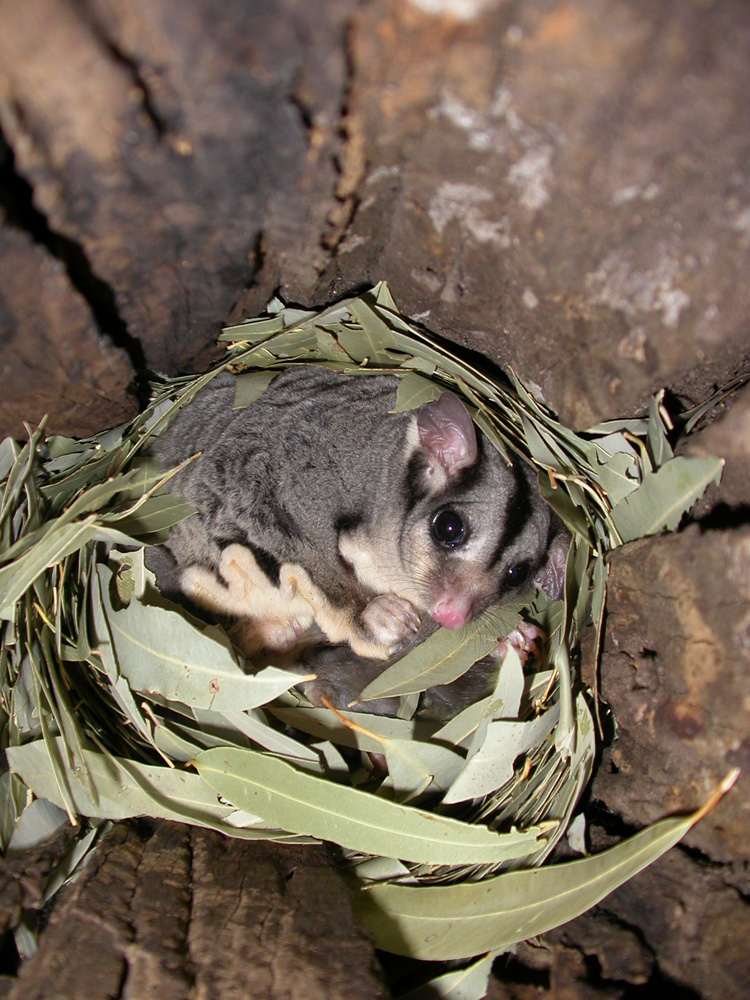 Photo: Guy Roth |
 Photo: Phil Spark |
 Photo: Milly Hobson |
General management action
Routine control of terrestrial and aquatic weeds, including via management agreements with NRM agencies, councils and other organisations.
Routine control of feral animals, including via management agreements with NRM agencies, councils and other organisations.
Targeted revegetation works to increase native vegetation cover over the long term, focussing efforts adjacent to existing remnant vegetation, within threatened ecological communities, within identified regional corridors, and adjacent to rivers, streams and wetlands.
Prevent livestock from having permanent access to rivers, streams and wetlands, and where possible excluding grazing altogether to allow the condition of river banks and wetlands to recover.
